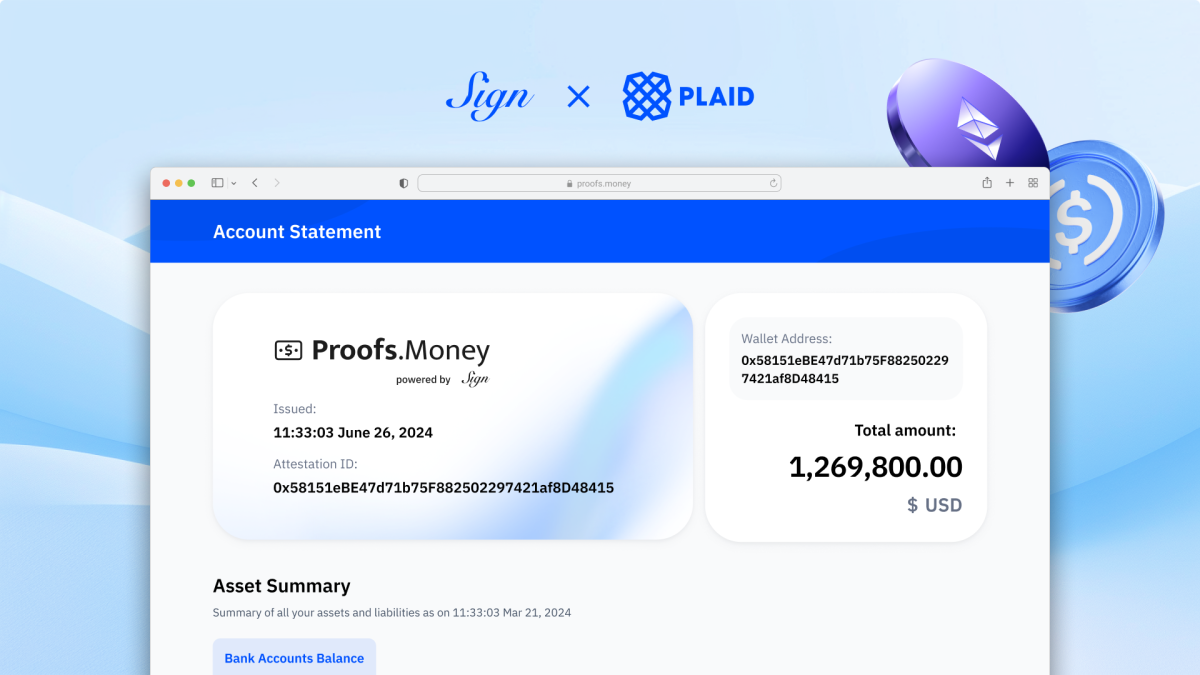Huobi Korea shuts down platform citing business difficulties

Quick Take
- Huobi said users will still be able to withdraw funds on the exchange even after the closure.
- The top five licensed exchanges in South Korea take up over 99% of the total trade volume in the country, official data showed, while some smaller platforms have gone out of business in recent months.

Huobi Korea, the South Korean exchange that started out as the Korean arm of global exchange HTX, is set to close services on Jan. 29, it said in an announcement dated last Friday.
The company cited a difficult “business environment” as the reason for its closure. Users will be able to withdraw funds on the exchange even after the shutdown, the announcement noted.
“Considering the current business environment, the company is inevitably ending the virtual asset exchange service,” the exchange said in the statement.
Established in 2017, Huobi Korea cut ties with HTX — formerly known as Huobi Global — in January 2023.
The shutdown of Huobi Korea follows the closure announcements of other smaller South Korean exchanges, Cashierest and Coinbit, in November. Another platform CoreDAX has also suspended trading services, with it reportedly delaying wages for several months.
The top five performing exchanges in South Korea — Upbit, Bithumb, Coinone, Korbit and Gopax — take up 99.6% of total crypto trade volume in the country as of June 30, 2023, according to the latest report from the Financial Services Commission (FSC). The five are the only exchanges to successfully register with the local financial regulators.
Strict regulations
South Korea holds strict standards for local crypto exchanges, per a 2021 amendment to the financial reporting law. Exchanges are required to retain a partnership agreement with a local bank in order to offer fiat-to-crypto services. The partnered banks issue real-name deposit and withdrawal accounts for crypto exchange users to minimize risks of money laundering or price manipulation.
A total of 21 exchanges, including Huobi Korea, failed to secure a bank partnership and only met a minimum information security requirement, according to official records. They were granted to offer services limited to crypto-to-crypto trade. According to a report from the FSC, 10 out of the 21 exchanges with limited product offers were making zero revenue in crypto transaction fees in the first half of 2023.
South Korea is expected to enact the “Virtual Asset Investor Protection Act” in July this year, which imposes further responsibilities on exchanges for safekeeping user funds. Such responsibilities include maintaining 80% of total user funds or equivalent value in a cold wallet, and registering insurances to guarantee compensation for users in case of hack or system failures.
Disclaimer: The Block is an independent media outlet that delivers news, research, and data. As of November 2023, Foresight Ventures is a majority investor of The Block. Foresight Ventures invests in other companies in the crypto space. Crypto exchange Bitget is an anchor LP for Foresight Ventures. The Block continues to operate independently to deliver objective, impactful, and timely information about the crypto industry. Here are our current financial disclosures.
© 2023 The Block. All Rights Reserved. This article is provided for informational purposes only. It is not offered or intended to be used as legal, tax, investment, financial, or other advice.



